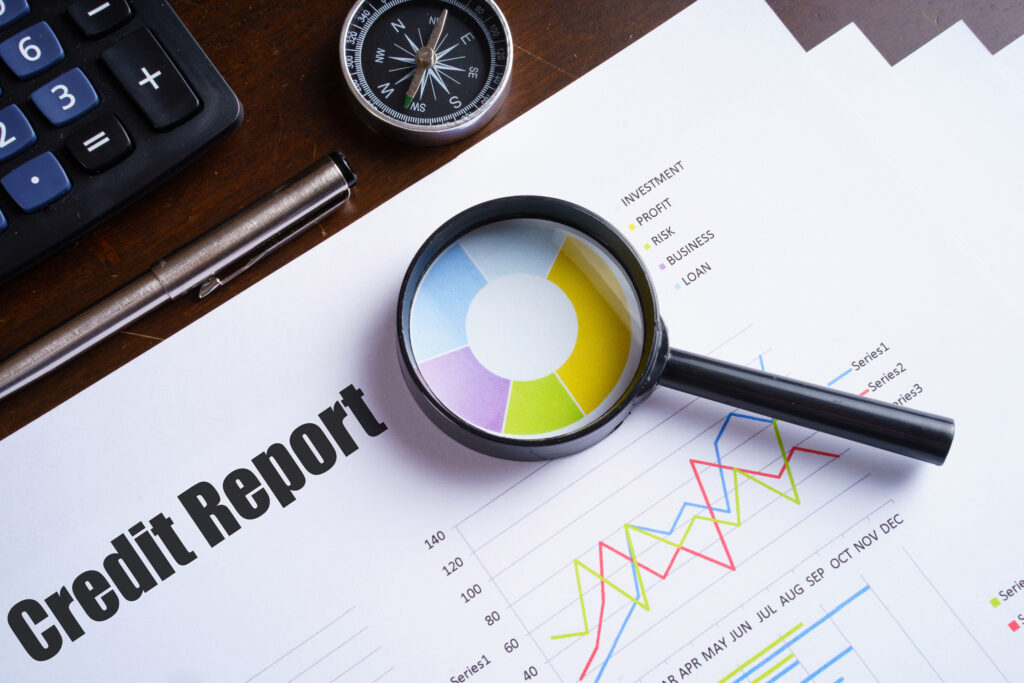A mortgage likely is the largest debt you’ll ever have, so paying it off is a significant achievement. But be warned: Depending on various factors, this act of financial responsibility could increase or decrease your credit score.
Here, realtor.com explains how it could affect your FICO score.
Your credit score could decrease
Paying off what is likely your largest installment debt might not increase your credit score. If you don’t have a balanced mix of revolving to installment debt—and a good length of time that credit has been established and is still open—your score may dip slightly.
If your mortgage was the only loan in the installment category, there could be a minor negative impact because the overall credit mix of your credit picture accounts for 10 percent of your score.
And credit type isn’t the only category that could negatively affect your score. Your score also may see a modest drop when the loan is paid off because it takes the mortgage off of the length of credit portion of your score, which accounts for 15 percent of your score.
So, if your mortgage is your only installment loan, it may be better for your credit score in the long run if you keep your installment loan open for its full term while continuing to make regular, timely payments.
Your credit score could increase
Paying off your mortgage also could boost your credit score. If you have other debt that you’re paying on every month and showing creditors that you are a responsible borrower, paying off your mortgage may show as a positive because your debt-to-income ratio may be higher.
There also is a basic credit advantage to paying off such a large amount. Generally, borrowers who have less debt already outstanding are considered to be better credit risks.
No longer having to make a payment also will improve your net monthly cash flow, increasing capacity to make new payments. For example, whenever you apply for a loan, creditors want to know how much debt you already have. Removing a mortgage significantly reduces your total debt amount, which can make you more attractive to creditors.
Before you pay off your mortgage
Before making any big financial moves, find out what’s involved in paying off your mortgage. Clarify with your lender if there are any prepayment penalties. Also, make sure you have a savings cushion before paying more on your mortgage.
It’s important to save those would-be extra mortgage payments for emergencies, even if it means avoiding a year or two of interest payments.
